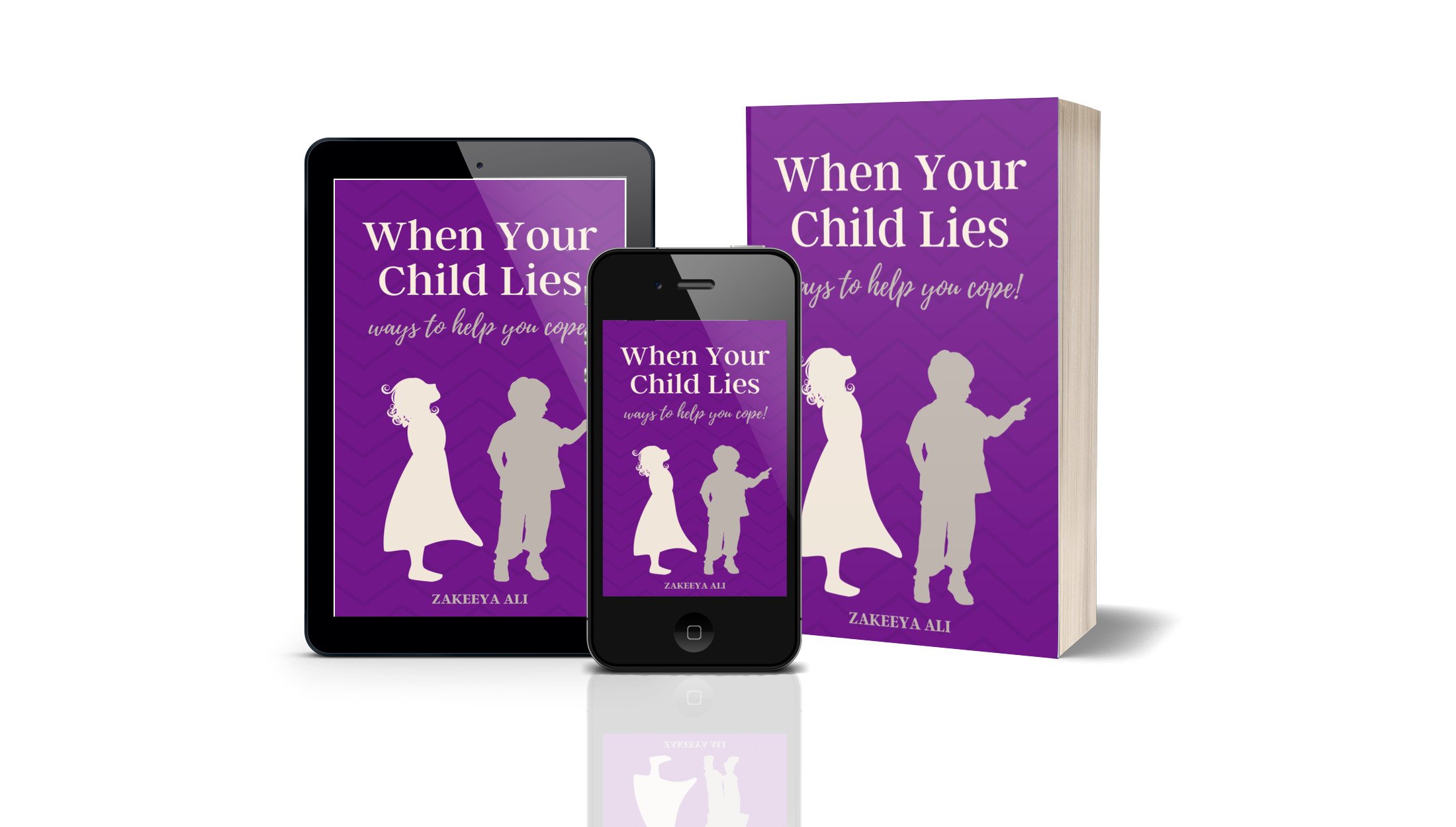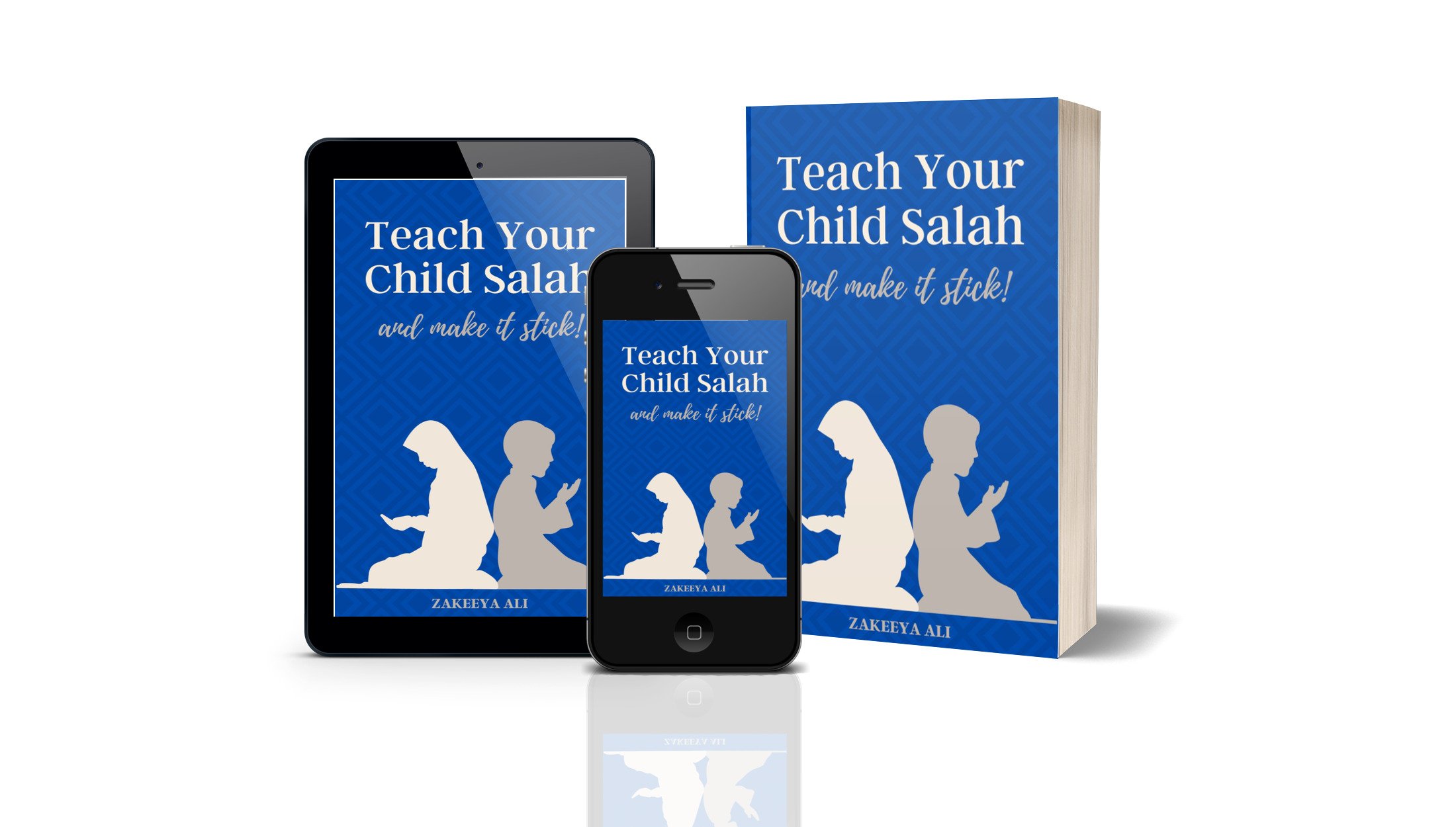How To Deal With Your Child’s Lying
Lying is a characteristic that children learn as they grow up, influenced by the people and the environment that surround them. It is never pleasant as a parent to discover that your child has lied to you, but it is something that many parents go through.
How a parent deals with a child's lying, could determine the outcome. The best way to teach your child about honesty is through your own example. Say, for instance, you find out the cashier gave you too much change, and you let your child see that you returned the money. This is a small action that will help build a child’s trustworthy character.
A parent’s best tool is prevention by setting the best example. However, if mistakes were made and your child has already learned to lie, you must eradicate their dishonesty sooner rather than later. If we ignore the problem of lying, it may become a lifelong part of their character that will be difficult to control when they mature.
The first thing that parents need to realize, is that lying is part of normal human development in a child. For most children, it is a passing phase or a way of testing their limits to see how far they can go before being caught. When this happens, we should step back and determine what our child’s goal is.
After we identify the cause, we should be able to address those concerns and teach them alternative ways of expressing themselves. Here are the 15 ways I’ve discovered are the most effective for a parent to help their child avoid lying.
15 Ways To Help Your Child Avoid Lying
1.Understand the reason behind your child’s lying
Categorize each type of lie your child uses. This will guide you on the ways to handle each lie with a different consequence. For example, dealing with a child’s lies due to imagination or misconception is different from dealing with a child who lies to achieve an objective or take revenge
2. Bear in mind the age of your child
Young children do not really understand how bad it is to lie. The prefrontal cortex part of their brain is not fully developed until adulthood. This means that they are not able to completely comprehend the destructive outcome that lying causes. You must take into account your child’s age before dishing out consequences that may be too harsh.
3. Try to fulfill the needs of your child
Find out what is up with your child. Whether it is something he or she is feeling physically, emotionally, or psychologically, you need to address what could be a cry for help. Look at yourself through their eyes and see if you are fulfilling their need for communication and comfort at that age
4. Be tolerant with your child
Build a friendly relationship with your child, because this makes them feel secure with their parents, and they don't feel the need to resort to lying. In families where the parents are harsh and threatening, their children are disturbed and resort to lying out of fear. By understanding the nature of a child, you can be more tolerant of their behavior, knowing that they don’t have the same comprehension of the things you do as a parent.
5. Avoid punishing your child
When your child tells the truth, forgive him/her or at least reduce their punishment in order to get them used to telling the truth. If your child tells the truth and still gets punished, then he or she will see no benefit in honesty and will resort to lying as an attempt to avoid punishment. I usually tell my children that if they admit the truth, I will give them a lesser consequence or another chance.
6. Teach your child how to problem-solve
Asking your child a question like, “What can we do to fix this and ensure it doesn’t happen again?” can help avoid power struggles. It allows him or her to save face by focusing on a plan of action instead of fabricating an excuse. Teaching your child problem-solving techniques can aid him/her in learning valuable life lessons about what to do in sticky situations. This is a key factor in helping a child to lie less due to the confusion of how to handle a tough situation
7. Educate your child about the sin of lying
In a gentle manner, explain to your child the consequences of lying, especially if they are older. Inform him/her that Allah SWT cursed liars in the Quran and that the Prophet SAW mentions that lying is one of the qualities of hypocrites and leads to immorality. Also, explain to your child that the cursed shaytan lies to us all the time through his deception. Use stories of his deceptive escapades from Islamic history.
8. Be kind, yet firm when your child lies
When your child lies, be kind yet firm while keeping in mind the reason for the lie. You may need to let your child feel the consequence of their lying at appropriate times, or the lying may become a character trait that is hard to get rid of later. As a parent, trust your gut in deciding how to be firm and when it is necessary to dole out consequences for lying
9. Set a good example for your child
Refrain from lying in front of your children, and do not ask them to lie for you for any reason. A parent should also not lie to their child out of respect for them, and because the Prophet SAW prohibited this. Narrated by Abdullah Ibn Aamir R.A., who said:
“Once, when I was a child, the Prophet SAW was at our home. I was outside playing and my mother called out: ‘O Abdullah, come here and I will give you something!’ The Messenger SAW asked: ‘What do you wish to give him?’ She 26 replied: ‘Dates.’ He SAW said: ‘If you had not intended to give him anything, then it would have been recorded against you as a lie’.” (Ahmad)
10. Fulfill your promises to your child
A child may not understand the reason a parent gives for not fulfilling a promise. He or she will consider it a lie when you do not do as you say. Abdullah Ibn Umar R.A said
“Beware of telling false tales, because lying is not accepted in seriousness or as a joke, and let not one of you promise his child something and not fulfil it.”
11. Treat your children equally
Do not favor one child over another, even when one of them may seem more troublesome. It will only make a child feel resentful and turn towards lying to get his or her needs met. Ensure that you also don’t compliment one child more than another, as each child has different strengths and weaknesses. Focus on equal relationships with all your kids.
12. Teach your child about responsibility
Privilege and responsibility go hand in hand and must be taught to a child from an early age. When a child displays irresponsible behavior like lying, the privilege of trust should be taken away for a time. This is especially true for frequent lying and in older kids. He or she needs to know that the things they say for a while are going to be suspect.
Your child may be hurt by this, but he or she needs to know that this is a natural consequence of mistrust, which results from telling lies. Explain to your child that being believed is a privilege that's earned when he or she acts responsibly by telling the truth regularly. Mention that you would like to believe him or her but that they will need to earn that privilege back.
13. Let your child intermingle with honest friends
The friends we surround ourselves with have a big impact on our character. That is why the Prophet SAW urged us to either have good friends or be alone. If your child has friends who lie and joke in the wrong way, they will think that this is a normal way of behaving and may adopt similar traits. It is important to know your child’s friends and to avoid them being in the company of liars and bad examples.
14. Use your child’s mistakes as a learning opportunity
Think of your child’s mistakes as a way for them to learn how to make better choices. As parents, when we stay calm and avoid yelling, accusing, or punishing our child for lying, he or she will be more likely to admit slip-ups in the future. Turn mistakes into a teaching opportunity and ask questions like, “If you could do it over again, what would you do differently?” Brainstorm different ideas with your child, and if someone was affected by the lie, ask, “What can you do to make it right with that person?”
15. Teach your child about As-Siddiqu and Al-Ameen
Our beloved Prophet Muhammad SAW was nicknamed Al Ameen, which means, The Trusted One and As-Siddiq, which means, The Truthful. Tell your children that Allah SWT chose those specific 32 traits to be a big part of the character of Rasulullah SAW because honesty is very important for good character. Explain that lies are the root cause of bigger sins and that’s why if you don’t lie, your chances of partaking in other sins are vastly lessened. The fact that the Prophet SAW never told a lie, tells us a great deal about the importance of honesty in being a good Muslim.
In Conclusion
It is important to remember as parents that we should be neither too lenient nor too harsh with our children in raising them. Balance is the key, and the Islamic perspective as well. Being extreme when dealing with lying in your child’s nature, could have psychological and moral consequences that can cause him/her to become a compulsive liar. Also, parents should never call their children liars, even if they are guilty. Expect the best and you will get it, maybe not immediately but in the long term, inshallah.
I hope these tips will help you and your child have a more honest and blessed relationship. Do remember that it takes time to build up this trust, so please be patient with your child. The time we put into our kids will pay off in the end, plus the reward from our Lord is immense too! May Allah SWT guide us in all our efforts as parents and grant us ease with the upbringing of our children, ameen.
Salam, I’m Zakeeya!
I believe that making our homes a safe haven for our families, as well as being a wife and mother, brings us great blessings, contentment, and benefits to society as a whole. Since 2011, I've been dedicated to assisting Muslimas in finding tranquility in their roles, taking better care of themselves, and achieving inner peace. Our journey in this world is not an easy one, but I pray the tools and guidance I offer will help you face life's challenges with more gratitude and mindfulness. Join me as I share wifehood, motherhood, homemaking, and lifestyle solutions that make life more fulfilling for you as a woman! Read more about me here.
Did you benefit from these tips but still need more help with your child’s lying? Order My Book!
It's a book that will show you how to concentrate on fortifying your relationship with your child rather than jeopardizing it because of lies. This book contains more than 30 suggestions on how to deal with your child's dishonesty, and it will be helpful to you to read about my tried and true techniques with my own children.























